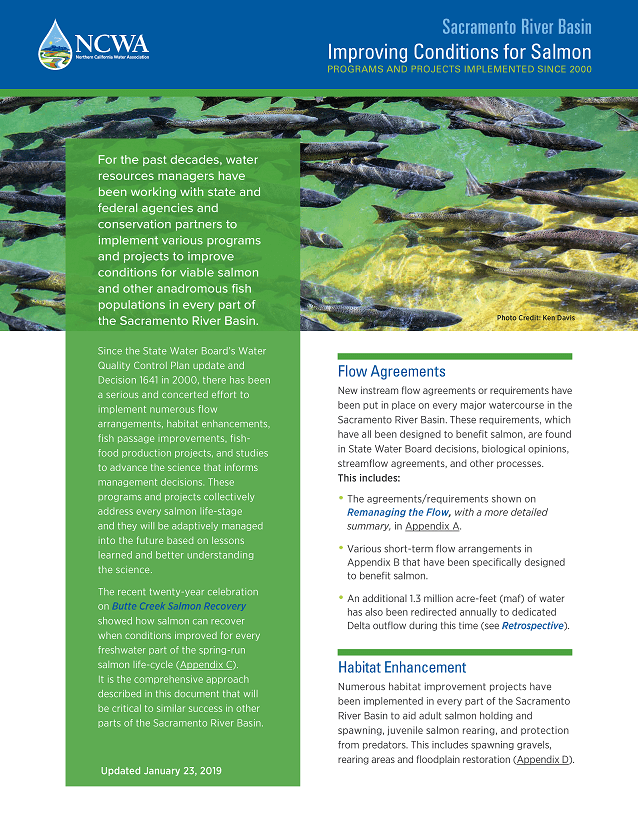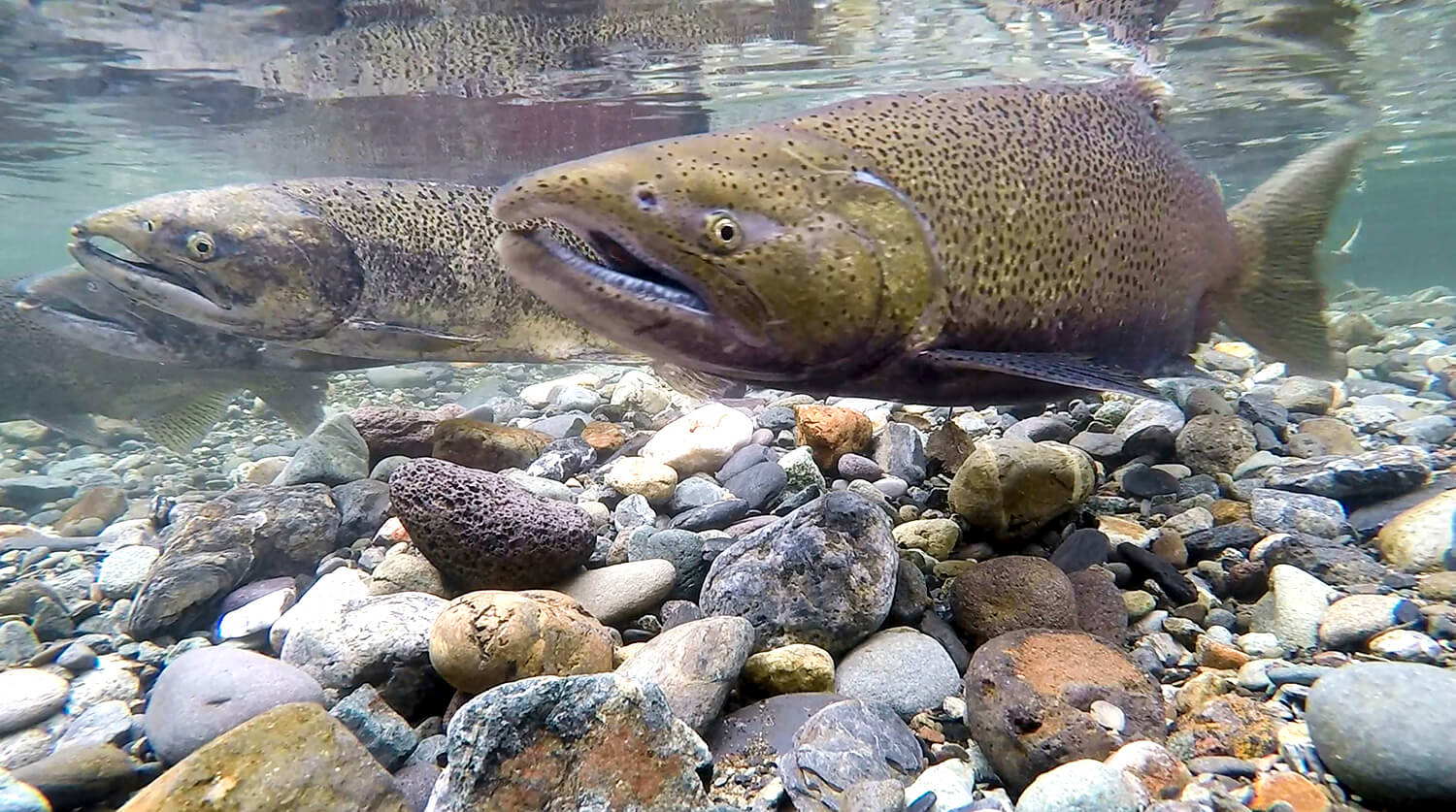By Todd Manley
Over the years, I have witnessed (and, at times, have been personally guilty of) suggested strategies for addressing water management issues, particularly those with an environmental context, that have centered on proposals that start off with the phrase “They should.” Prime examples of this are, “They should pay for it,” “They should give up water,” and “They should be more efficient.” You get the point. What all of these proposals share is a lack of ownership and an expectation that someone else should act or give something up to solve a problem. This creates a process with distinct winners and losers that eventually becomes less about addressing the issue of concern and more about winning (or not losing). This ensures that the effort will be a conflict centered around the negotiation and not about what is best at achieving the desired outcome. It also eliminates opportunity for adaptive management, to learn from the results of actions taken (or lack of results) and make changes to better achieve the original goal. This was the basis for many water related decisions and settlements over the past three decades.
Compare that with the strategies being implemented today to promote salmon recovery and Pacific Flyway habitat. In both of these efforts, diverse interests are collaborating on projects and programs to achieve common goals. Water management entities, conservation organizations and state and federal agencies are coming together to collectively work on efforts to benefit salmon and Pacific Flyway species in the Sacramento Valley. In these processes, the phrasing has shifted from “They should” to “We are,” or “We can.” Examples of this are “We are constructing this project,” “We are funding this work,” “We are working on a solution,” and “We are developing goals and objectives.” The results have been incredible. Projects are now being constructed that had been in the planning stage for decades. Entities that historically had been adversaries in the era of “They should” are now partnering on projects and working together, bringing different skills and authorities, to complete them.

While this will not solve all of the issues we are facing – no one thing ever will – it is a change in mindset that is helping to make progress on projects and programs that had been stymied for decades, and has brought a necessary level of ownership and excitement to these efforts that is allowing us to work towards these common goals. As we continue to advance these important programs, we are hopeful that this “We are” culture will begin to pervade California water policy.




